6 Ways Puzzles Can Help You Maintain a Healthy Mind
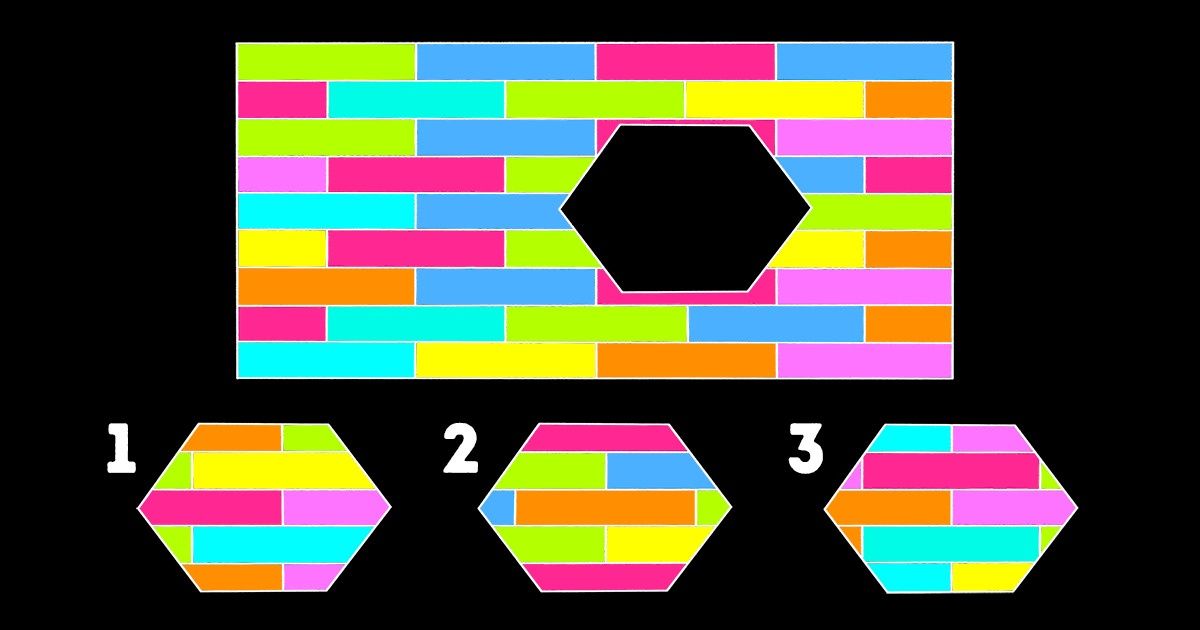
Puzzels are interactive games that challenge us to think outside the box. This is why they might help us to keep our minds in shape. Even though more research is needed, we at 5-Minute Crafts found out some benefits that you might get from solving riddles.
1. Your brain performance might get better.
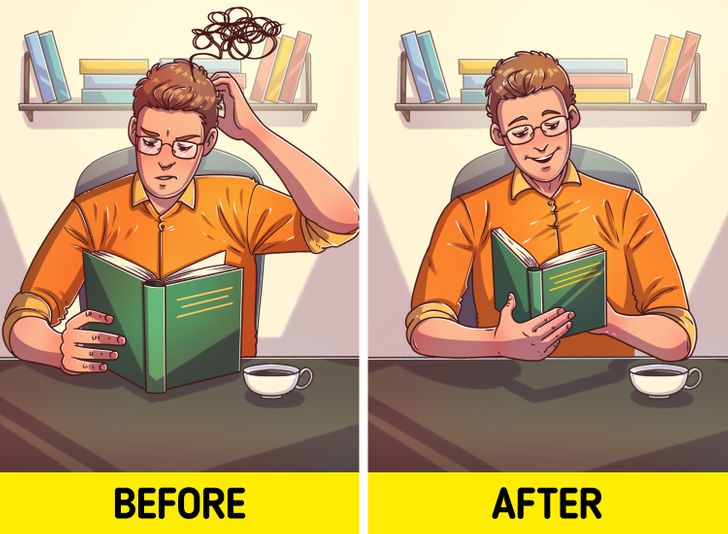
Even though it’s not magic, brain games can still help us improve our brains. Playing a specific game more than once might change the way our minds work. By playing these types of games, the brain has a better chance to rewire its chemistry, structure, and function when it responds to challenges. As we play, our minds adapt and improve their performance.
2. It could help your brain stay younger.
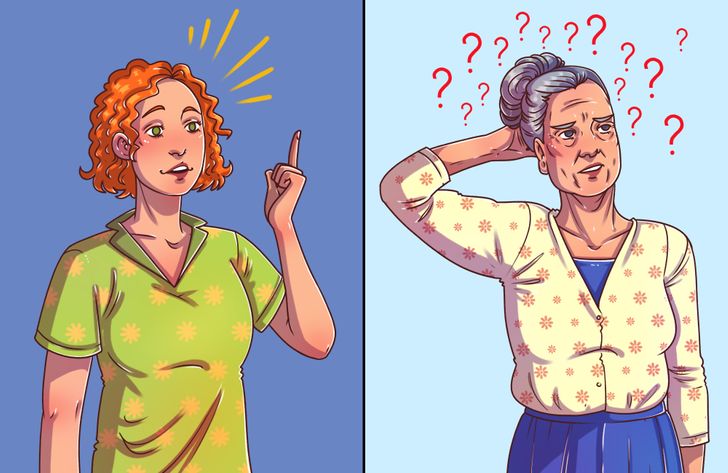
Mental decline, most of the time, comes with age, and games that can train the brain can have a positive effect. Some research showed that participants that indulged in puzzles experienced benefits, like an increased speed of processing and better reasoning.
3. Puzzles can give your brain a workout.
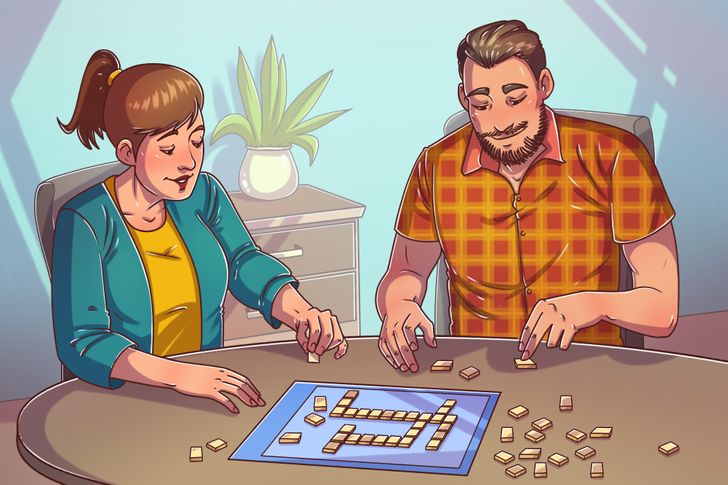
Brain games might be just the right way to challenge and tease your brain. Any type of game that makes you use your mind can increase the speed of your brain and your memory. This is because most puzzles rely on math and word skills, as well as logic. What’s even more beneficial is that they are enjoyable.
Remember that these games should be played around 15 minutes per day, not hours.
4. Puzzles help us relax.
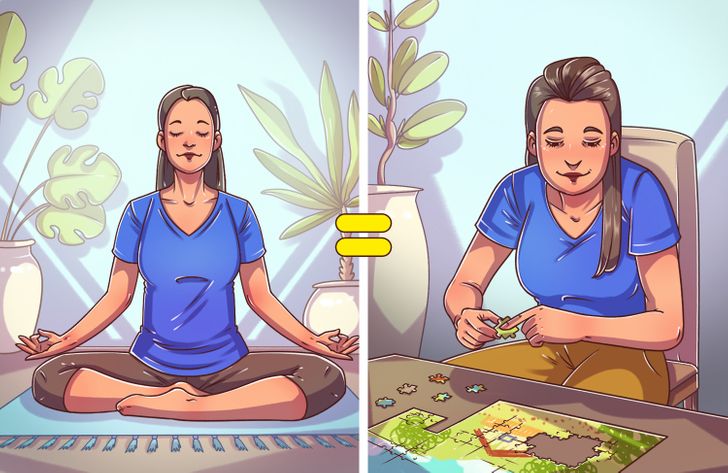
Solving puzzles is similar to meditation. It’s a type of focused task that helps the mind relax. In general, some people have reported that it is like mindful training that helps them relax, which is very important for our psychological health.
5. We might start to feel happier.
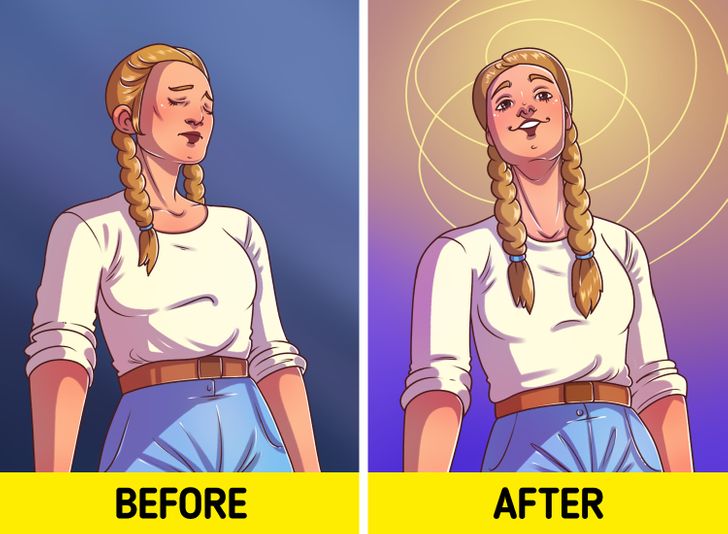
Researchers have found that the rush of excitement we experience from an insight after solving a problem produces dopamine. This hormone is responsible for giving us the feeling of happiness and relief. Since it’s released after a rewarding process, the joy we get from solving a puzzle could activate it.
6. We might become more curious.
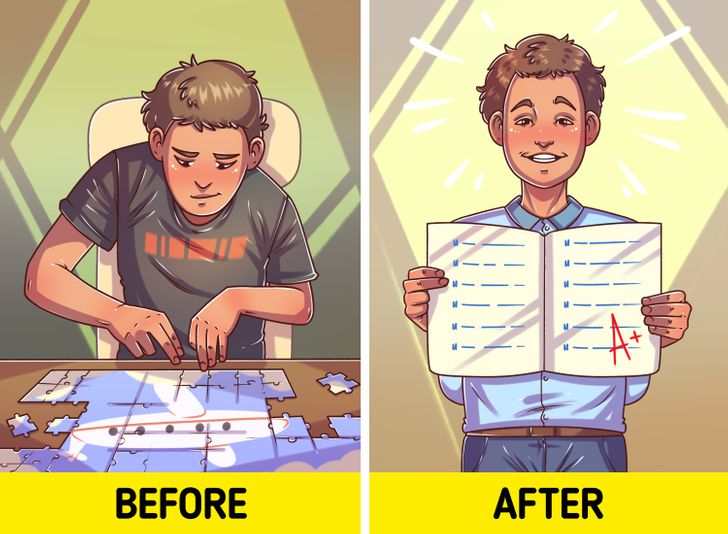
Other than dopamine being responsible for our happiness, it’s also connected to our curiosity and our willingness to learn. The moment we realize that we have found the solution to a puzzle, the brain areas related to alertness, memory, and language processing become active.
Bonus: types of brain games that can help memory
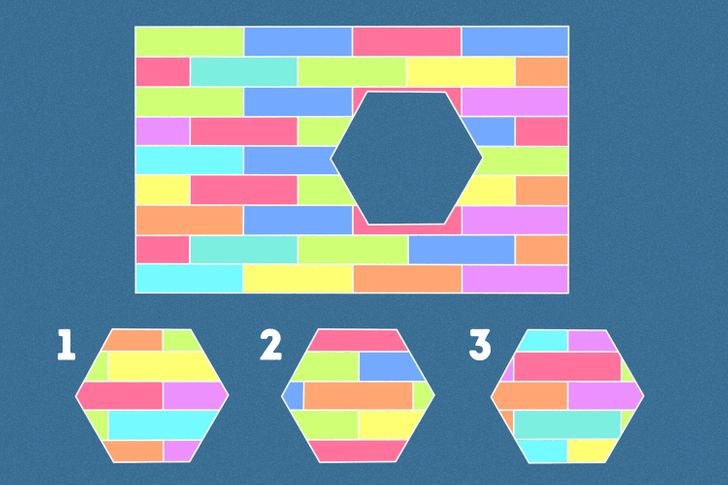
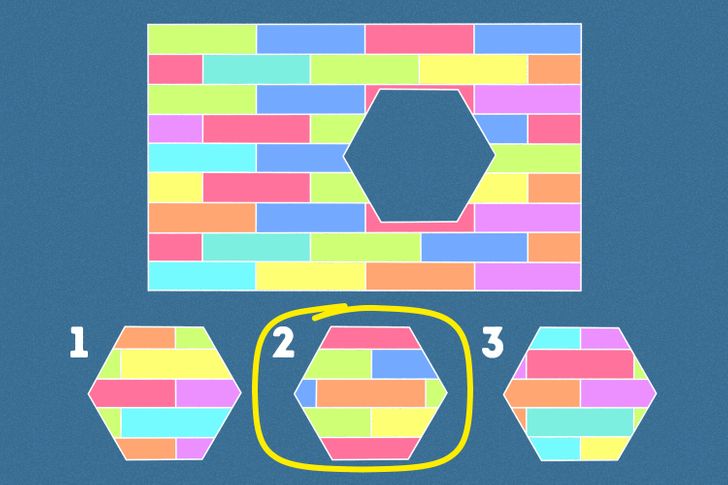
- Jigsaw puzzles
- Multi-tasking games
- Sudoku
- Chess
- Crossword puzzles
- Rebus puzzles